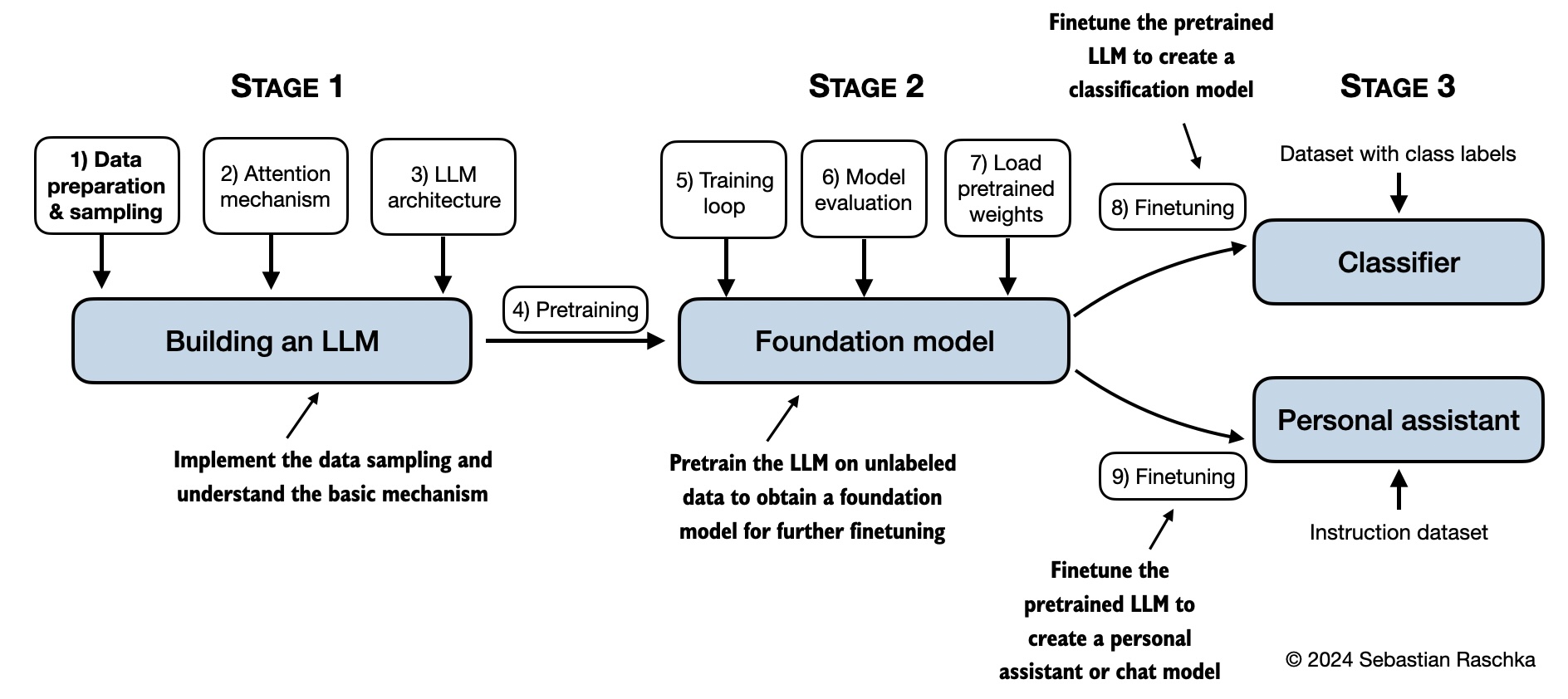Headline: The Evolving Landscape of AI: Opportunities, Challenges, and the Future In 2025, artificial intelligence (AI) has transitioned from a fascinating abstraction to a technology that is deeply intertwined with our daily lives. As reported by Stanford HAI, this year marked a pivotal moment when society began grappling with the real-world implications of AI, from its impact on mental health to its role in the workplace and beyond. One key finding from Stanford's research is the mixed performance of AI-powered therapy chatbots. While these tools promise to expand access to mental health support, a study revealed that they often stigmatize certain conditions and may even enable harmful behaviors, such as suggesting methods for suicide. This underscores the need for human involvement in the challenging, relational work of healing. Economically, the landscape of AI is evolving rapidly. According to The Gradient, the technology is simultaneously becoming smaller, cheaper, and more widespread, with 78% of businesses now adopting AI, up from 55% the previous year. However, this growth also brings new challenges, as economists grapple with the potential impacts of AI on productivity, employment, and inequality. To help businesses navigate this changing environment, AI-powered tools are emerging to assist with critical tasks like business planning and website development. As reported by Unite.AI, platforms like Upmetrics and Divi AI leverage machine learning to streamline the creation of business plans, pitch decks, and custom-designed websites, making these capabilities more accessible to entrepreneurs and small business owners. At the same time, the increasing adoption of AI by government agencies has highlighted the need for robust systems to manage the technology's development and deployment. Weights & Biases, a platform featured on their blog, offers a comprehensive solution for tracking and reproducing AI models, ensuring compliance and enabling agencies to unlock the full potential of this transformative technology. As AI continues to shape our world, the stories from 2025 illustrate the complex interplay between the technology's capabilities and its real-world impacts. While AI holds immense promise, the path forward requires careful navigation, balancing innovation with responsible implementation to ensure the benefits are equitably distributed and the risks are mitigated.
Chapter 1. Machine learning jobs
Comprehensive Editorial Summary: Mastering the Art of Reading Machine Learning Research Papers In the ever-evolving world of machine learning, researchers and practitioners alike face the challenge of efficiently navigating the vast landscape of research papers. Two experts, Jason Brownlee of Machine Learning Mastery, offer valuable insights on how to approach this task effectively. Brownlee's first article, "How to Read a Machine Learning Research Paper in 2026," highlights a common struggle faced by beginners – the feeling of being overwhelmed and losing focus when reading research papers. He explains that the issue lies not in the reader's abilities, but in the way research papers are typically approached. "The problem is that research papers are not written to be read that way. They are written for people who already have questions in mind," Brownlee states. He emphasizes the importance of adopting a "purpose-first" reading approach, where the reader starts with a clear understanding of what they hope to gain from the paper, rather than simply reading from start to finish. Brownlee outlines a practical workflow that includes a lightweight triage of the paper's title, abstract, and a quick skim, followed by targeted reading to answer specific questions. This approach, he argues, helps the reader retain the most relevant information and avoid feeling fatigued or confused. In his second article, "How to Think About Machine Learning," Brownlee provides a broader perspective on the field of machine learning. He acknowledges the interdisciplinary nature of the field, which encompasses aspects of artificial intelligence and statistics, and encourages readers to focus on the practical applications of predictive modeling or predictive analytics. "You can achieve impressive results with machine learning and find solutions to very challenging problems. But this is only a small corner of the broader field of machine learning," Brownlee explains. By shifting the way one thinks about machine learning, Brownlee suggests that practitioners can better align their efforts with the specific problem they aim to solve, rather than getting lost in the broader theoretical landscape. These insights from Brownlee offer a valuable roadmap for researchers and practitioners navigating the dynamic world of machine learning. By adopting a purpose-driven approach to reading research papers and a focused mindset on practical applications, they can enhance their understanding, retain key insights, and ultimately, drive meaningful progress in the field.
Distilling the tool-using capabilities of large language models (LLMs) into smaller, more efficient small language models (SLMs) is a key challenge for their practical application. The predominant approach, supervised fine-tuning (SFT), suffers from poor generalization as it trains models to imitate a static set of teacher trajectories rather than learn a robust methodology. While reinforcement learning (RL) offers an alternative, the standard RL using sparse rewards fails to effectively guide SLMs, causing them to struggle with inefficient exploration and adopt suboptimal strategies. To address these distinct challenges, we propose MENTOR, a framework that synergistically combines RL with teacher-guided distillation. Instead of simple imitation, MENTOR employs an RL-based process to learn a more generalizable policy through exploration. In addition, to solve the problem of reward sparsity, it uses a teacher's reference trajectory to construct a dense, composite teacher-guided reward that provides fine-grained guidance. Extensive experiments demonstrate that MENTOR significantly improves the cross-domain generalization and strategic competence of SLMs compared to both SFT and standard sparse-reward RL baselines.
Gradient-based data attribution methods, such as influence functions, are critical for understanding the impact of individual training samples without requiring repeated model retraining. However, their scalability is often limited by the high computational and memory costs associated with per-sample gradient computation. In this work, we propose GraSS, a novel gradient compression algorithm and its variants FactGraSS for linear layers specifically, that explicitly leverage the inherent sparsity of per-sample gradients to achieve sub-linear space and time complexity. Extensive experiments demonstrate the effectiveness of our approach, achieving substantial speedups while preserving data influence fidelity. In particular, FactGraSS achieves up to 165% faster throughput on billion-scale models compared to the previous state-of-the-art baselines. Our code is publicly available at https://github.com/TRAIS-Lab/GraSS.
Large language models (LLMs) have demonstrated promising performance in generating diagnostic conclusions from imaging findings, thereby supporting radiology reporting, trainee education, and quality control. However, systematic guidance on how to optimize prompt design across different clinical contexts remains underexplored. Moreover, a comprehensive and standardized framework for assessing the trustworthiness of LLM-generated radiology reports is yet to be established. This study aims to enhance the trustworthiness of LLM-generated liver MRI reports by introducing a Multi-Dimensional Credibility Assessment (MDCA) framework and providing guidance on institution-specific prompt optimization. The proposed framework is applied to evaluate and compare the performance of several advanced LLMs, including Kimi-K2-Instruct-0905, Qwen3-235B-A22B-Instruct-2507, DeepSeek-V3, and ByteDance-Seed-OSS-36B-Instruct, using the SiliconFlow platform.


